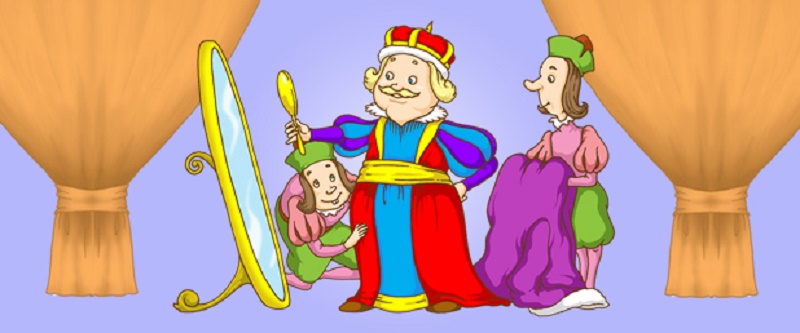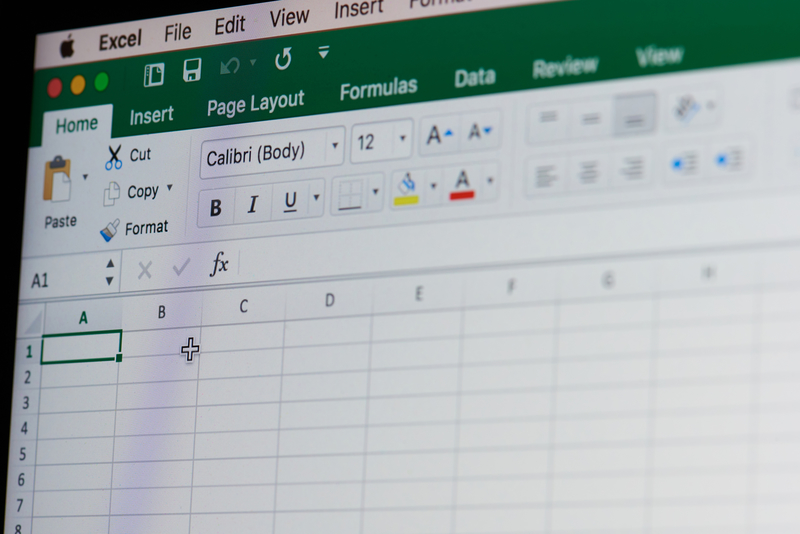The king’s new clothes


Whenever you look at the news these days there is one term that appears frequently when talking about the current economic situation: GDP. But did you know that the terms’ inventor Simon Kuznets explicitly warned not to use it to measure the welfare within a country?
When Simon Kuznets produced his report to Congress in 1934 he defined a process for measuring the productivity of a nation that was known as Gross Domestic Product (GDP). This was produced for one reason only, and that was to measure the success or otherwise of dealing with the Great Depression. The document contained a clear warning: That this mathematical methodology was not a measure of welfare within a country. Nearly 30 years later he made a further important comment, saying that the pure mathematical formulae did not identify the difference between quantity and quality of growth.
As Frank Shostak, the economist, pointed out, if a government decides to spend an enormous amount of money building a pyramid with no value to the people then GDP will regard this as a contribution to growth. In reality it may be inhibiting that money from being used to fuel real growth.
[bookboon-book id=”2c9b00d1-172c-44ee-a847-a3f500dfa91b” title=”More info on Alternative Business Models” button=”Download eBook”]
Did we get it all wrong?
What this means to us today is that we are saddled with an 80 year old measurement system, designed for a specific purpose that is now used as the pinnacle of a country’s achievement.
What it implies is twofold. The first message is that the more you make the better the country is doing. Secondly, those that make most money are the biggest contributors to society and presumably the most patriotic.
What this seems to have achieved is a society where there are a small group of people at the top of the tree that have most of the wealth and an increasingly large number at the bottom who have little or nothing.
The rich are getting richer
When I wrote the book The Alternative Business Model, the world had already got to the stage where the top 84 richest people in the world had as much wealth as the bottom 50% or 3.5 billion people.
I was even more shocked this week, when the Forbes Rich List was published, that not only had those at the top increased their wealth disproportionately to the rest of us, but that it is estimated that the richest 1% of the world population will own as much as the other 99% put together!
Of course, this increase in wealth by the few obviously increases the GDP of their respective countries but it doesn’t necessarily translate into improved welfare for those countries, particularly if it remains in the pocket of the 1%. And then I discovered further problems with the measurement of GDP.
In addition to being simply a measurement of productivity rather than of welfare, it doesn’t bother to measure the difference between good productivity and bad productivity. Hence, if a manufacturer pollutes while making their contribution to GDP then the company that gets paid to clear up the mess also gets to contribute to GDP.
Good productivity vs. bad productivity
There are many other incomes that we would regard as negative indicators. These include the costs of crime for such things as repairs from burglary crime and violent crime, double counting of purchases because of family split-ups, costs of displacing families because of development and costs of underemployment.
So is it any wonder that the political rhetoric that praises the growth of the country in terms of GDP does not resonate with the majority of the population? It is because the growth is in the hands of the lucky few and those that benefit from bad growth. GDP growth is the financial equivalent of the “King’s New Clothes! “
Maybe it is time to change how we measure the welfare of a country and start using more ethical measures. Read Roger Cowdrey’s eBook “The Alternative Business Model” on bookboon.com
[bookboon-recommendations id=”2c9b00d1-172c-44ee-a847-a3f500dfa91b” title=”You might also like one of these books…”]



